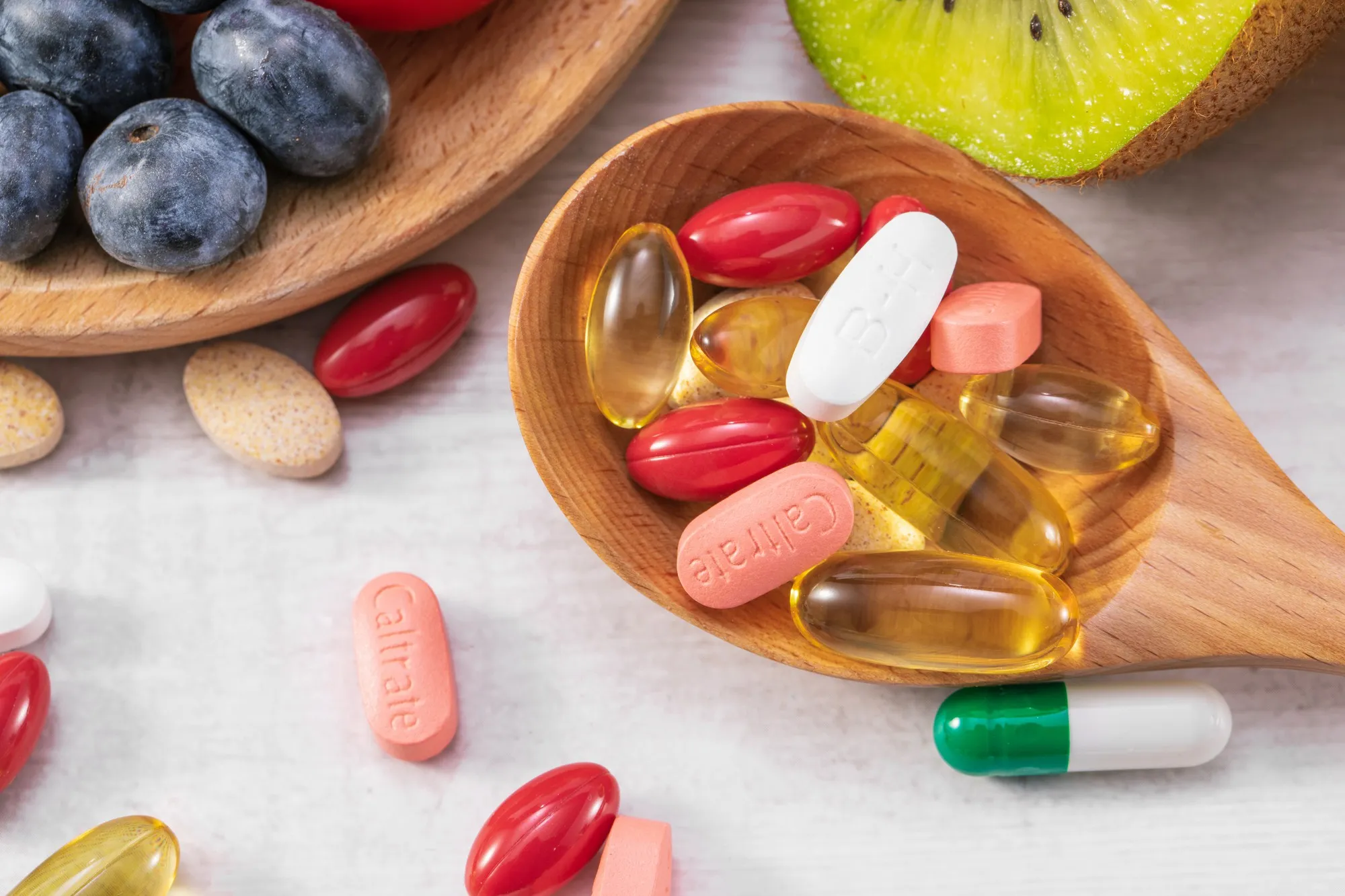Keywords
1. Gastric Emptying Time
2. High-Calorie Liquid Meal
3. Preoperative Fasting Guidelines
4. Gastric Ultrasound Study
5. Nutritional Supplements Surgery
The Discussion on Preoperative Dietary Protocols
Amidst the bustling corridors of the Medical University of Vienna, a remarkable study has shed light on the intricacies of digestive physiology, particularly focusing on the gastric emptying time (GET) of high-calorie liquid meals. Published in the prestigious Clinical Nutrition ESPEN, this double-blind, cross-over, randomized study peered into the digestive process through the lens of ultrasound imaging, unraveling data that could revolutionize preoperative fasting guidelines.
DOI: 10.1016/j.clnesp.2023.12.020
The Study in Detail
Initiated on January 24, 2024, the study conducted by a team led by Razvan R. Bologheanu, with co-investigators Wolfgang W. Schaubmayr, Oliver O. Kimberger, and Andreas A. Duma at the Medical University of Vienna, involved 25 healthy adult volunteers. It was driven by the intent to ascertain the GET of standardized high-calorie liquid meals – a subject crucial for surgical patients who often rely on such dietary supplements.
Using influential tools like gastric ultrasound, the researchers embarked on a journey through the digestive tracts of their subjects to observe the nuances of how different liquid formulations behaved in terms of their stay within the stomach. The study observed three products’ journey: a glucose solution, a fat-free liquid meal, and a nutritionally replete liquid meal, all with uniform volume and energy content.
The Results Unveiled
Ultrasounds took the lead role in a production that chronicled the half-hourly digestibility saga post-consumption of the respective products. The data were quantified, as the researchers measured the cross-sectional area of the gastric antrum meticulously.
The outcomes were pivotal: a glucose solution and a fat-free high-calorie drink clocked a median GET of 150 minutes. In contrast, the nutritionally complete meal took a median of 180 minutes to exit the gastric staging area. Addressing a longstanding query, the data confirmed that all types of consumed liquids exited the stomach well before the 6-hour mark set by existing fasting guidelines.
Implications for Preoperative Fasting
This revelation has stirred the pot in medical circles. Current preoperative fasting rules label high-calorie drinks as non-clear fluids, tagging them with a no-consumption period of 6 hours before elective procedures. It’s a safe buffer to prevent aspiration and enhance safety during surgery. However, this study brings forth the argument that such conservative fasting periods may need recalibration when it comes to nutritionally dense liquids.
Relevance to Clinical Practice
The key takeaway for medical practitioners is the nuanced understanding of GET for various liquid meal formulations. This insight may pave the way for a more tailored approach to preoperative nutrition, optimizing patient outcomes and satisfaction. Additionally, understanding the gastric processing of these high-calorie supplements can inform better postoperative recovery strategies, promoting a quicker return to optimum nutritional status.
Further Applications and Future Research
While this study presents breakthrough findings, it also sparks a conversation on the potential for broader applications. The research team proposes further studies that involve patients with comorbidities or those undergoing different medical interventions to see if GET varies significantly. They envision a revision in the guidelines that could adopt a more individualized approach to fasting before surgery, based on real-time ultrasound assessments.
Journal References
This groundbreaking study has been documented for the medical fraternity’s benefit and can be accessed under the following details:
Bologheanu, R. R., Schaubmayr, W. W., Kimberger, O. O., & Duma, A. A. (2024). Ultrasound evaluation of gastric emptying time of standardized high-calorie liquid meals in healthy adults: A double-blind cross-over randomized study. Clinical Nutrition ESPEN, 59, 264-269. DOI: 10.1016/j.clnesp.2023.12.020
Copyright Information
The findings are the intellectual property of Elsevier Ltd., protected under copyright laws © 2023, and are disseminated for educational and scientific purposes.
As the implications of this study ripple across the healthcare landscape, the societal impact is mammoth, with potential alterations in pre-surgical protocols leading to enhanced care and patient well-being.ød
